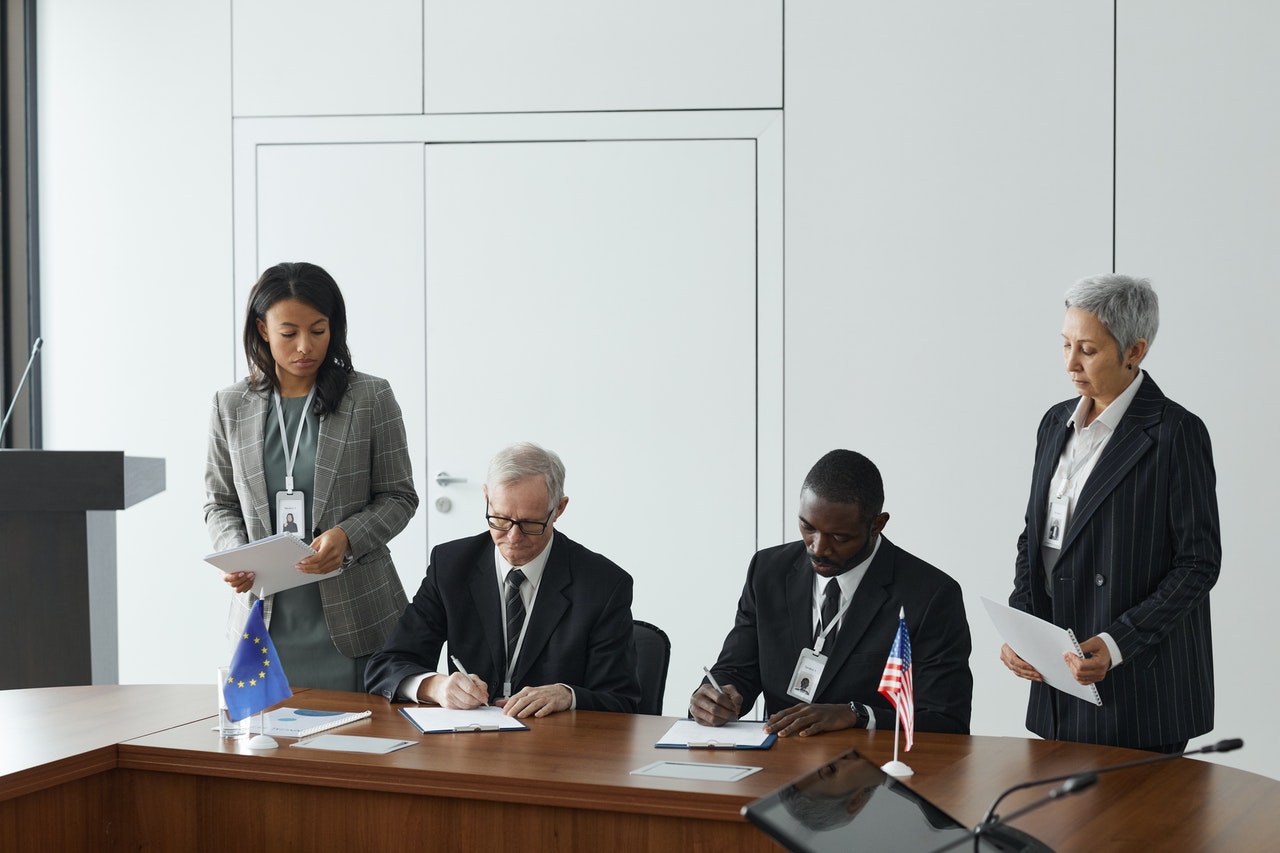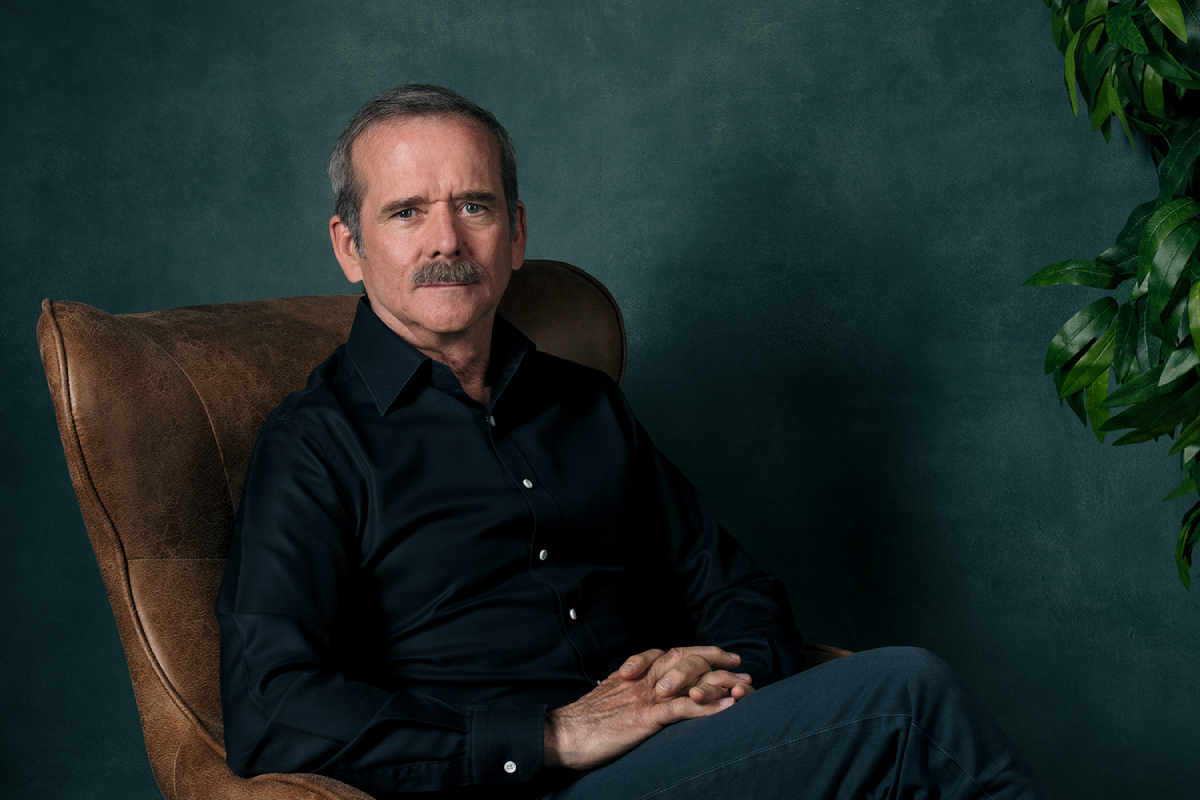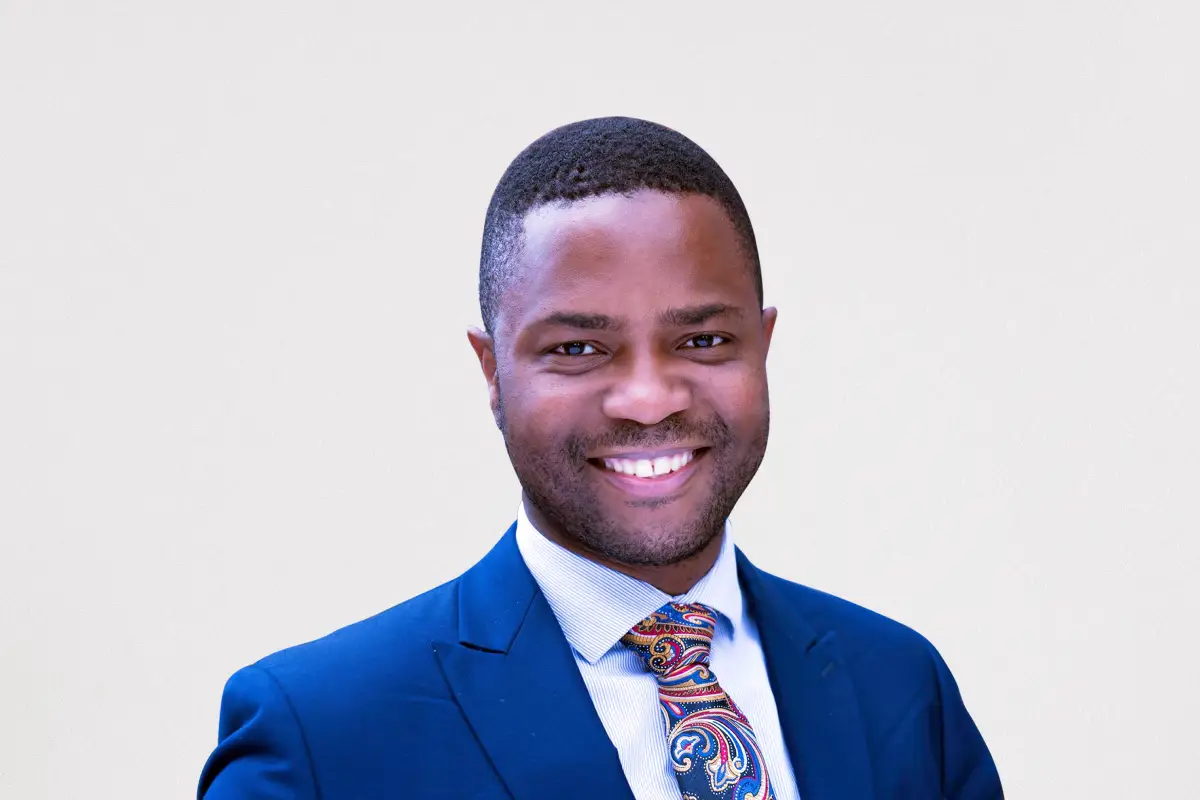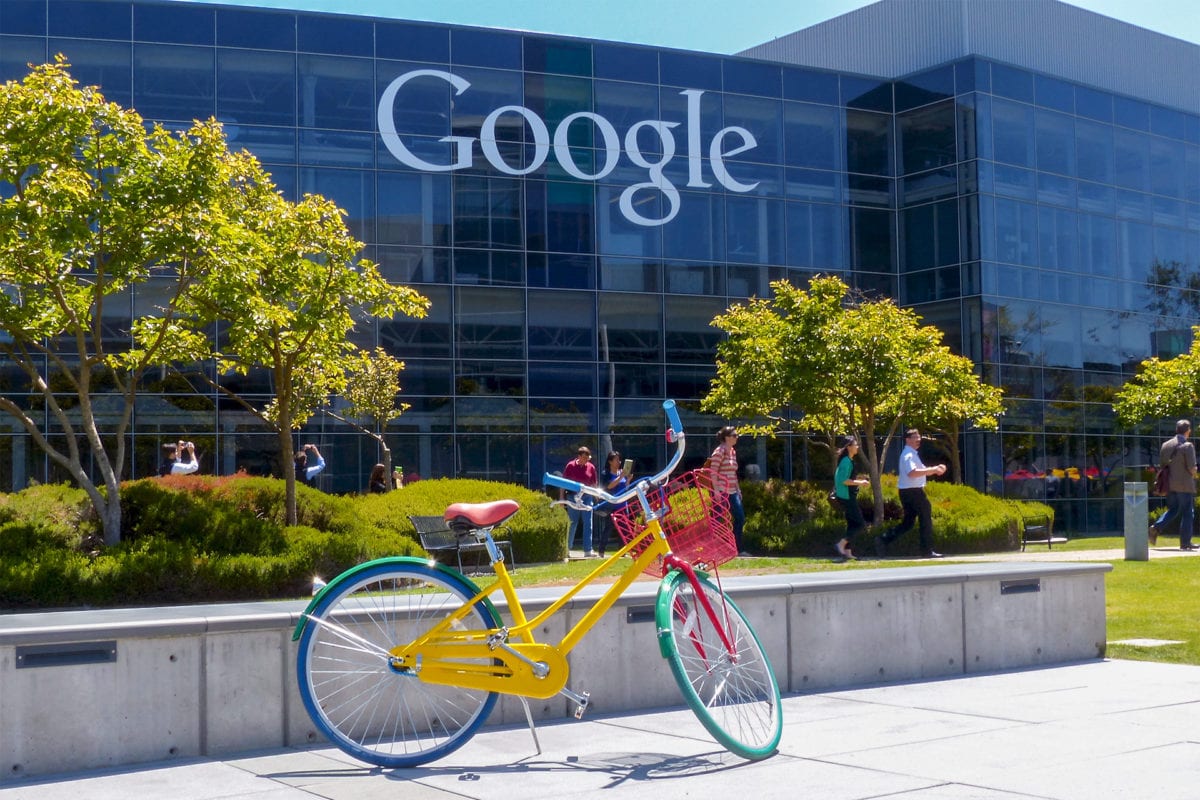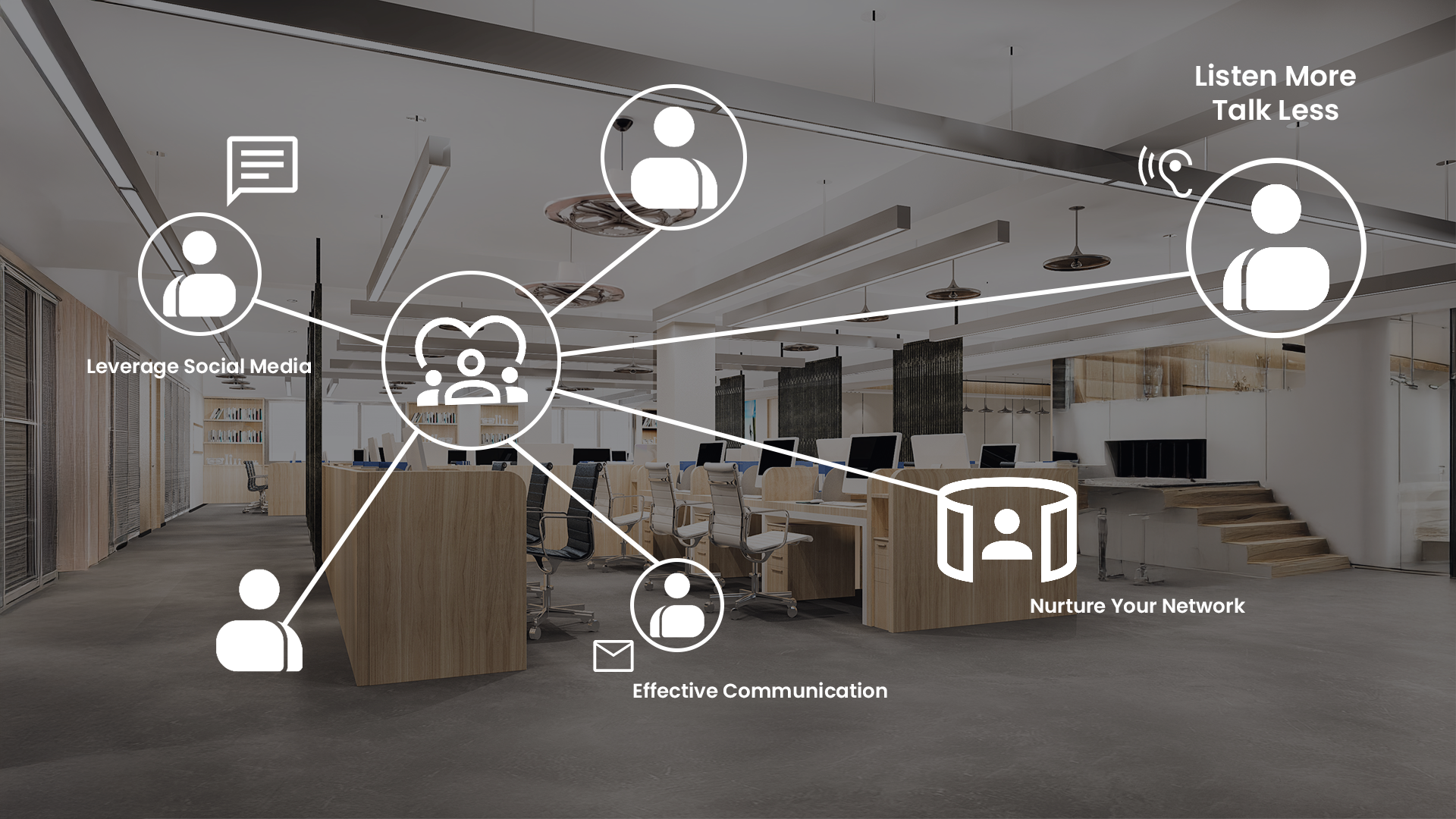The world around us is changing, and it will behoove us to keep pace if we want our companies to survive.
Survival was and is key to the landmark Conference of the Parties (COP) 21 Paris Agreement — a useful first step in the journey towards a carbon-neutral world. A useful first step, to be sure, but by no means the final step. It’s been over half a decade since hands were held and arms were raised on that mid-December day in Paris (and formally entered into force in November 2016), but we still have a lot of work to do.
The Paris Agreement’s primary goal was straightforward: limit global mean temperature at below two degrees Celsius above pre-industrial levels. To achieve this long-term temperature goal, the 191 signing countries agreed to reduce their greenhouse gas emissions to achieve a carbon-neutral Earth in less than 30 years — and to begin doing so as soon as possible.
Though the unforeseen global pandemic caused a significant hiccup in business, it helped our planet.
With 2020’s COP being postponed due to COVID-19, countries were understandably eager to participate in COP 26, this time held in Glasgow. One of COP 26’s primary purposes was to assess the progress made — or not made — under the Paris Agreement, and to encourage countries to enhance their original NDC’s (Nationally Determined Contributions) into greater alignment with current climate science.
Weakening Links — Widening Vulnerabilities
We all remember the blackout across the Eastern Seaboard several years ago. Power outages, rolling blackouts and brownouts, technological glitches, and so on — these have unfortunately become a way of life. These fleeting issues underscore how fragile and tenuous our way of life can be. Especially now, with so many working remotely.
The bottom line is we can only control what we can control.
When it comes to climate, we have weather apps and meteorological channels with hourly, daily, weekly, and monthly forecasts, but nothing beats the old window. Maybe we can’t control the actual weather, but we do possess the ability to make it rain less on our respective parades — and on the parades of generations to come.
Taking the Globe’s Temperature
Greta Thunberg was Time’s Person of The Year for 2019, and is a polarizing figure. Her speech at the United Nations in September of that year cast aspersions on what seemed to be the next logical steps of the Paris Agreement. As part of her speech, she accused world leaders of inaction and half-measures — sternly promising, “We will be watching.”
In an interview in December of 2020, Thunberg said, “We are still speeding in the wrong direction. The five years following the Paris Agreement have been the five hottest years ever recorded and, during that time, the world has emitted more than 200 billion tonnes of CO2.”
Whether you believe in climate change or not is essentially irrelevant. Even the most ardent climate change deniers cannot argue that climate does, in fact, change — just look at seasons or hemispheres. However, for some, the reality of double capital-C climate change could be up for debate.
What cannot be debated, however, is the reality of the Paris Agreement — a tangible document that affects us all in many ways.
The Ever-Evolving Landscape of Business
Like the climate, the world of business is constantly changing. Over 800 of the largest listed companies from around the world are in favour of a global deal to tackle climate change.
- Since 2015, nearly every nation on Earth has endorsed the Paris Agreement — with Turkey being one of the last of the “major emitting countries” to ratify in October 2021.
- In 2018, the so-called Paris Rulebook was adopted by many companies for implementing the goals brought forth by the 2015 Paris Agreement. It was signed by major companies like IBM, Microsoft, Nestlé, and Shell.
- In 2020, under former president Donald Trump, the United States famously withdrew from the Agreement. However, in his first Executive Order as president, newly-elected president Joe Biden re-joined the Agreement in February 2021.
- In April of 2021, Climate Pledge was created, which consisted of over 100 signatories (from companies ranging from Amazon to Visa) committed to achieving net-zero carbon emissions by no later than 2040 — an entire decade ahead of the proposed date set by the Paris Agreement.
Amazon founder Jeff Bezos said of Climate Pledge, “More than 100 companies, with over $1.4 trillion in global annual revenues and more than five million employees have signed the Pledge. We are proud to stand with other signatories to use our scale to decarbonize the economy through real business change and innovation.”
All this has given rise to a new term in business: the post-Paris landscape.
Countless resources promise to manage compliance cost-effectively with climate change regulation and policy measures, plus support engagement with stakeholders on climate change and sustainability, including public reporting on policies, programs, targets, and performance.
Cloudy with a Chance of Chaos
Unlike rectifying inclement weather, rectifying that chance is up to us.
The Paris Agreement is not static. It is more of a “living document”, designed to grow and mature as it boosts the national efforts of countries over time. As it stands, current commitments represent the floor — not the ceiling — of climate change ambition. Though reducing emissions still needs to be done, the Paris Agreement provides the tools and the pressure necessary to reach the Agreement’s goals.
An inconvenient truth or an outlandish hoax — regardless of where you stand on climate change; global warming, the next ice age, the omnipresent heat wave, or whatever you wish to call it; one probability is nearing 100 per cent — it reads simply: stormy weather ahead.
Peter Campbell | Contributing Writer

